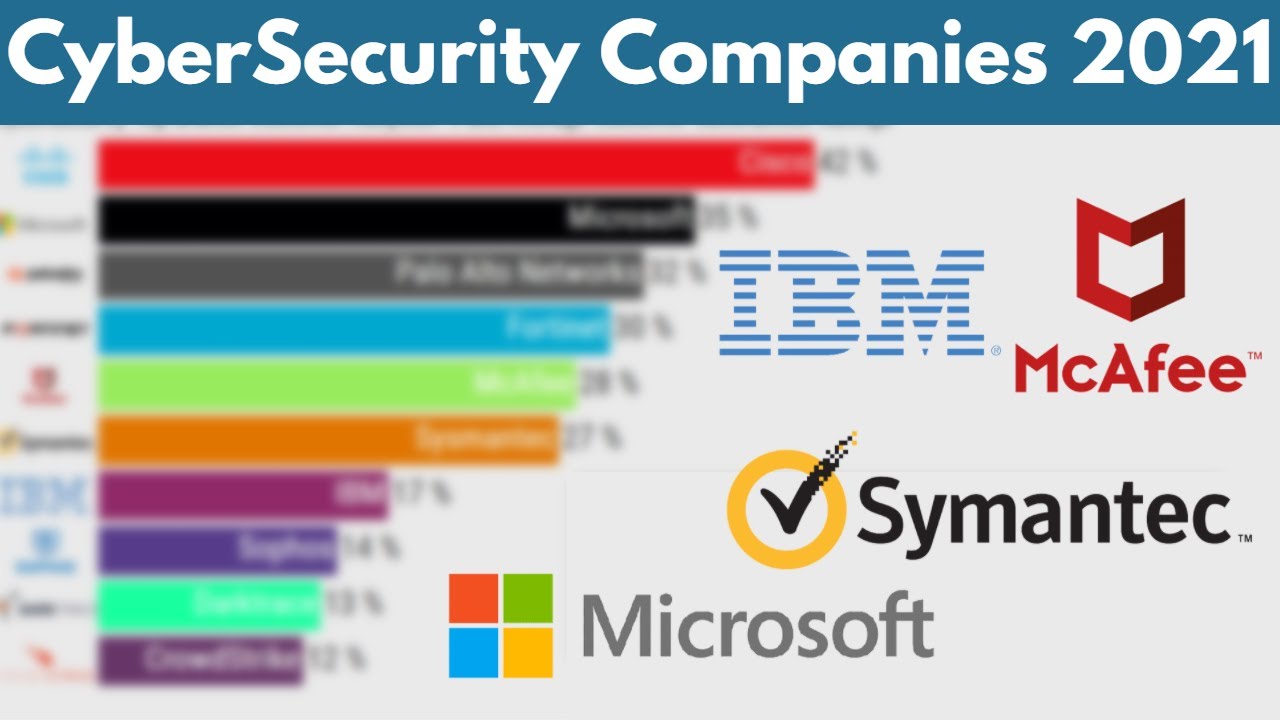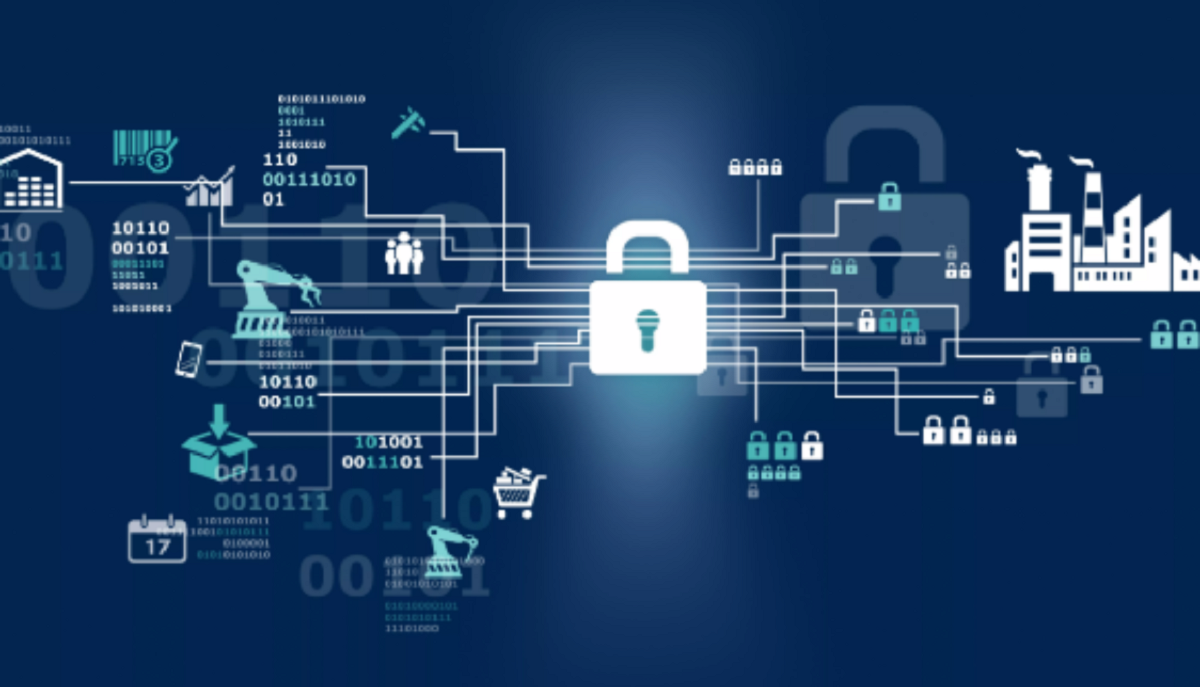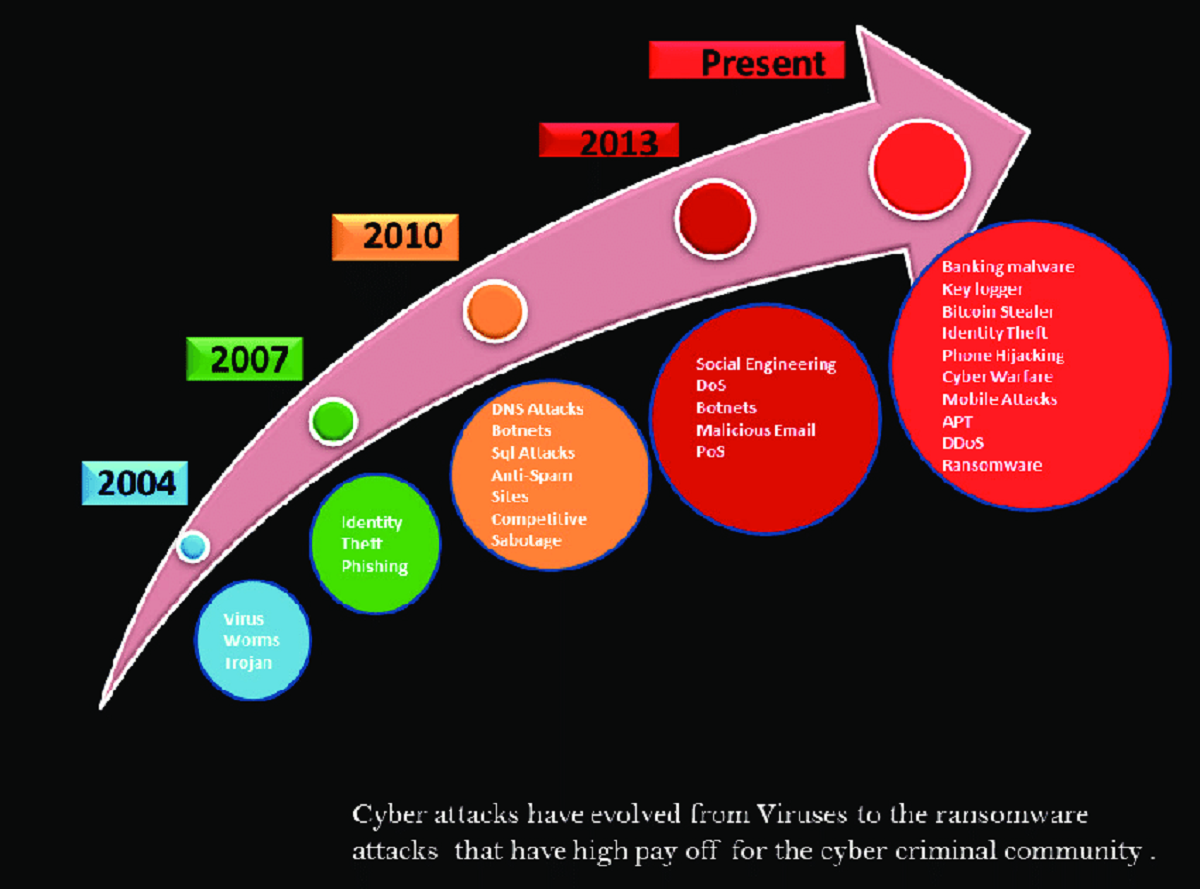Cybercriminals target small and medium-sized companies in more than 40% of their attacks. Meanwhile, artificial intelligence or AI is a technology that poses an elegant solution to this issue. With proper implementation, AI technology can learn to assess alerts and determine their threat level. Also, AI tools are capable of bolstering and securing critical data.
Now, let’s take a closer look at the advantages that AI can bring to the cybersecurity setup of a company.
Are Cybersecurity and AI Compatible?
The simple answer to this question is “yes,” but let us dive deeper.
First, digital assets share a few common traits that make them an easy target for criminals. This includes a large attack surface, a huge number of digital interactions, and the use of countless devices.
Next, a security system built on artificial intelligence can help solve many of these challenges. This is due, in large part, to the inherent mechanics of using self-teaching technology.
Modern AI works in three distinct ways:
- Assisted Intelligence: Helps or assists organizations with essential existing tasks
- Augmented Intelligence: Allows organizations to perform tasks that wouldn’t be possible otherwise
- Autonomous Intelligence: Enables machines to act on their own without human input
Then, in cybersecurity, AI falls under the Augmented Intelligence umbrella. Having a solid security system is crucial; AI can help you improve it in various ways.
Finally, it’s important to note that AI also shares some characteristics with Assisted Intelligence. Future iterations of AI in cybersecurity will likely include elements of Autonomous Intelligence as well.
How Does AI Improve Cybersecurity Solutions?
The average cybersecurity expert in a medium-sized company receives more than 716 alerts per day. These alerts usually come from dozens of different applications. This results in each cybersecurity specialist having just over 100 seconds to assess whether a threat is genuine or not. It’s no surprise that 95% of all successful attacks happen because of human error.
But, here is where AI comes in handy.
AI can relieve pressure from your team without compromising your network. For example, artificial intelligence can analyze different security notifications and determine their severity level. This is aimed to increase a team’s productivity and improve the entire company’s security infrastructure.
Also, AI technology is beneficial to the cybersecurity space because it can do a variety of things. Here are some of the most prominent ones.
1. Adapt the Security System Automatically According to New Data
The idea of AI comes from the need for an intelligent technology that learns and adapts over time. When applied to cybersecurity environments, this ability allows AI to analyze information and identify patterns. Not only this, but artificial technology stores the knowledge it has and updates it based on new information. The ability to adapt is, in part, what sets AI aside from widely-used technologies like rule-based learning. Rather than following a set of standards, it can mimic human thinking.
Artificial intelligence can make decisions depending on the current performance of your security system, adapt automatically, and repeat the process indefinitely.
This allows AI-powered tools to mitigate issues while keeping short and long-term goals in mind.
2. Identify Unknown Potential Threats
The hundreds of alerts that cybersecurity experts receive every day represent known threats. However, companies also have to protect their data against undetected attacks. The problem is that cybercriminals leverage different techniques to bypass security systems.
Assessing these unknown threats often requires extensive research by a security specialist.
AI has already proven to be an effective way of mapping a company’s security structure. This technology can also create and follow rules based on the mapping results. Which, in turn, can block attacks through unknown weaknesses.
3. Analyze Internal Digital Interactions
Security alerts are just a small part of all the activity that goes on in a company’s network. Even mid-sized companies generate a significant number of digital interactions daily. Like all other company assets, these digital transactions need analysis and protection.
AI solutions are a superb alternative because they can help parse each interaction. This can help unveil potential threats that appear as normal traffic. Because it’s automated, the process occurs without any human input.
4. Help Find and Manage System Vulnerabilities
Vulnerability management is a key process within every organization. As we mentioned, cybercriminals leverage a huge number of techniques to carry out their attacks. Many of these approaches look to exploit common vulnerabilities found in business systems.
The main issue in this scenario is that there is no database that companies can reference to detect potential threats. Each business has a unique security stack. AI can be successfully leveraged to perform quick evaluations, instead of doing them manually.
5. Reduce Negligence Issues and Other Human Errors
Human errors are the most consistent threat to a company’s cybersecurity. Two-factor authentication and similar tools can help to minimize it. Yet, cybercriminals use many techniques to target individuals within an organization.
Artificial intelligence tools can help assess network connections as well as data transfers to create a safe environment. Plus, it can also perform recurring security-related tasks around the clock.
6. Lower the Number of Monotonous Manual Security Tasks
Cybercriminals leverage a wide range of tactics. Yet, the basic cybersecurity tasks that your security team needs to handle every day barely ever change. Manually completing these tasks daily can become burdensome, but for many security experts, it’s already a reality.
The scenario above doesn’t only discourage your specialists but increases the chances of an issue due to fatigue. AI can help complete these monotonous tasks on networks of all sizes. Artificial intelligence can also conduct daily scans to help identify loops that aren’t visible on a superficial level.
7. Improve Detection Time and Accuracy
Cybersecurity has a lot of layers inside a company. Prevention is the first line of defense, followed by detection.
Once a breach occurs, the following hours are critical to the security team trying to fix it. If the right steps aren’t taken, it may take weeks or months to manually uncover the culprit.
AI-powered cybersecurity solutions can reduce detection and response time. They can help you detect signs like untrusted connections before there’s permanent damage to your network.
8. Boost Login Security
Today, it’s common for businesses to create user accounts for their team members. This, along with the widespread adoption of cloud solutions, creates a new cybersecurity challenge for companies. If cybercriminals have valid login credentials, they can easily access a network.
AI allows you to add a layer of authentication during the login process. Many of these solutions can appear in everyday life, such as CAPTCHA verifications. This means that you can verify that all logins are authentic and receive suspicious login attempt notifications.
Keep in mind that it’s possible to layer multiple solutions here. For instance, you can have an AI-powered login while asking your team to use a VPN. Just make sure to find a reliable provider and learn more about the VPN download and installation process before committing.
9. Verify Payments
Digital fraud represents a monumental threat to the success of online businesses. Payment fraud is among the most common. While this can be detrimental to consumers, it’s even more damaging for businesses that have to process chargeback refunds.
The application of AI in cybersecurity goes beyond login verification. This same technology is a great solution to verify the identity of a buyer online during payments. Some financial service giants already leverage AI in their solutions, paving the way for smaller businesses to follow.
10. Protect Endpoint Connection More Robustly
Endpoint connection has become a staple in the world of cybersecurity. In simple terms, this process ensures that every network entry point is safe. Nonetheless, modern businesses rely on many online providers. As a result, protecting every connection point can become resource-intensive at best.
Now, AI is a feasible alternative that can track endpoints and notify the cybersecurity team whenever there’s something suspicious. In addition, artificial intelligence tools can also check the network around the clock and block applications depending on their behavior.
Examples of AI Applications in Cybersecurity
Now that we’ve talked about what AI can do to enhance cybersecurity. Let us talk about its practical applications. Here are the current examples of AI applications in IT and cybersecurity include:
1. Creating an IT Asset Inventory
First, creating an IT asset inventory is crucial for any organization. Contrary to a physical inventory, simply tracking down all the assets can be challenging for the IT and cybersecurity teams.
AI solutions are ideal for companies that want to create or update their digital asset inventory. Aside from identification, these tools can also assess each asset to ensure it’s safe.
2. Bot Analysis and Mitigation
Next, search engines, websites, as well as applications use bots for a huge range of transparent purposes. Also, cybercriminals may use these simple programs for malicious reasons.
As a result, AI is now one of the most effective solutions for bot categorization and strategy creation.
This is because this technology allows for the analysis of both behavioral patterns. Which can help the cybersecurity team fend off malicious bots without disrupting important scripts.
3. Performing an Accurate Breach Autopsy
Lastly, monitoring, preventing, and detecting are all essential steps in cybersecurity. Additionally, it’s also important for businesses to learn from past breaches and avoid the same mistakes.
AI solutions can help companies analyze huge datasets in a much shorter time frame. This allows cybersecurity experts to perform more accurate and revealing breach autopsies.
Final Word
Creating the best possible cybersecurity system for your business is crucial. Also, you need to ensure that your cybersecurity experts have the tools to protect your assets.
As such, artificial intelligence can relieve a huge amount of pressure from your cybersecurity team. AI tools give you the ability to monitor your network as well as reduce response times.
Finally, just make sure to safeguard your network infrastructure with the right supporting platforms. This will ensure your data will remain protected.

























